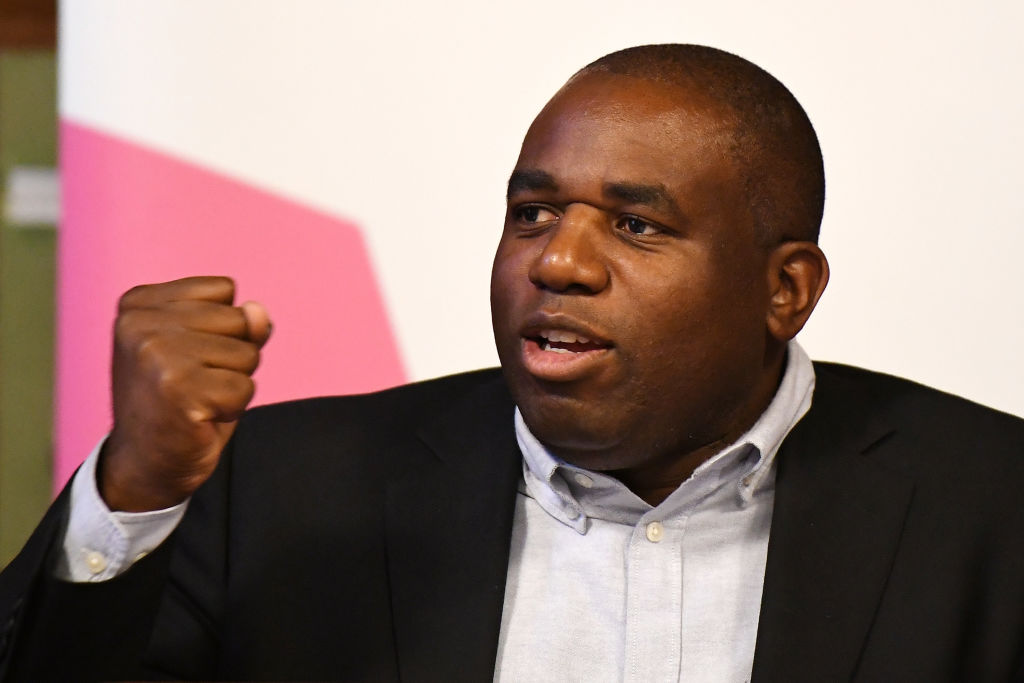Analysis: Labour’s foreign policy tilting towards the European Union

A party in opposition always finds itself caught between a rock and a hard place. On one hand, it must set out future policies to look credible and to give reasons to be trusted – and voted – to the electorate. On the other, it is always wary of overpromising and then having to break pledges once in office – after all, most things in politics are easier said than done.
This conundrum has been especially acute for Labour’s foreign policy objectives. Until today, we knew little about what Keir Starmer’s party intends to do on the global stage if it wins the next election. Shadow Foreign Secretary David Lammy used a speech at Chatham House earlier today to start greasing the wheels of its foreign policy plans.
The main takeaway is Labour’s firm belief in the need for closer ties to the EU. Lammy talked about his plans for a “Britain reconnected, secure at home and strong abroad”, and the first pillar he set out to achieve was a new security approach with its foundations in a new UK-EU security pact to complement Britain’s commitment to NATO. “Europeans are more than trading partners: we share security and faith in this changing world”, he said.
Lammy painted a future of stronger ties between Brussels bureaucrats and UK ministers, with less shouting across the Channel about fish. He wants regular UK-EU summits and structured dialogue on everything from sanctions and energy security to new technologies and AI.
But this is a somewhat poisoned chalice for Labour. Brexit voters in Red Wall seats will already be suspicious of Keir Starmer and his shadow cabinet, packed to the rafters with Remainers.
Lammy said: “Developing better connections with the Europeans can make us stronger and safer”.
The Labour leader has been at pains to point out he “accepts” the Brexit vote and wants to find a way forward. So this will be the start to build a softer Brexit, rebuilding some of the diplomatic ties with the European Union. Many will still be sceptical about Labour’s commitment to Brexit. Although, in reality, Conservative Chancellor Jeremy Hunt is just as likely to want a more harmonious relationship with Brussels.
The Shadow Foreign Secretary also talked about the importance of multilateralism, the need for joint climate action, and how the UK can become a more reliable and trusted partner on the international scene. This paid lip service at least to the “greener future” at the heart of Labour’s fresh mantra. But the fil rouge of his speech was undoubtedly the European Union, and how to reconnect with Europe while being outside it.